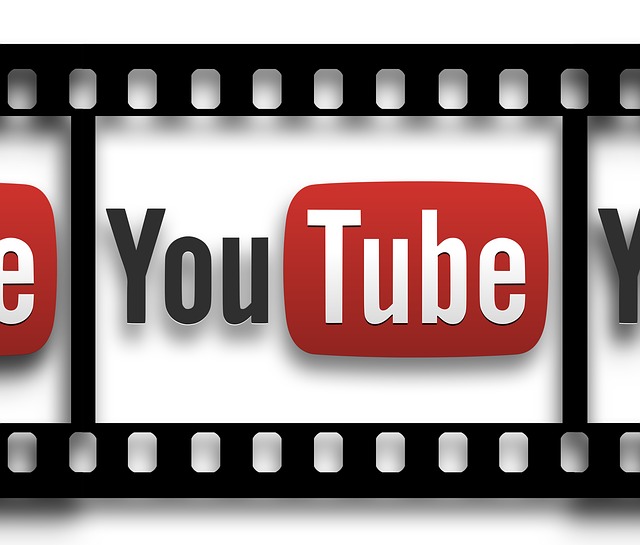Visitors have accessed this post 218 times.
YouTube: A Platform that Changed the Way We Consume and Create Content
YouTube is a video sharing platform that was founded in February 2005 by three former PayPal employees: Chad Hurley, Steve Chen, and Jawed Karim. Since its inception, YouTube has become a global phenomenon, with over 2 billion monthly active users worldwide, making it the second most visited website in the world after Google. The platform has revolutionized the way we consume and create content, and has given a voice to creators and users from all walks of life.
The rise of YouTube has been meteoric, with the platform experiencing exponential growth in both the number of users and the amount of content being uploaded. Initially, the platform was used primarily for sharing home videos and personal content, but as it gained popularity, it evolved into a hub for creators, influencers, and businesses to showcase their products, services, and talents to a global audience.
One of the most significant impacts of YouTube has been the democratization of media. Prior to YouTube, access to media was controlled by a small number of powerful media companies, who decided what content was produced and distributed to the public. However, with YouTube, anyone with a camera and an internet connection can create and upload their own content, providing a level playing field for individuals and small businesses to compete with established media giants.
The platform has also given rise to a new generation of influencers and content creators who have become household names and built loyal fan bases. These creators span a wide range of genres, from beauty and lifestyle vloggers to gamers, comedians, and musicians. They have become role models for millions of young people and have inspired others to pursue their passions and build their own online communities.
YouTube has also played a significant role in shaping popular culture and social movements. Many viral videos and memes have originated on the platform, and it has provided a platform for activists, journalists, and citizen journalists to share their stories and raise awareness about important issues. The platform has also played a crucial role in the Arab Spring and other social movements, providing a platform for protestors to document and share their experiences with the world.
However, the rise of YouTube has not been without controversy. The platform has faced criticism over its handling of hate speech, extremist content, and misinformation, as well as its algorithms that promote clickbait and sensationalist content. In recent years, YouTube has taken steps to address these issues, including investing in machine learning technology to better identify and remove harmful content, and implementing new policies and guidelines to promote responsible content creation and distribution.
Another challenge facing YouTube and its creators is the monetization of content. While the platform has provided an opportunity for creators to earn a living from their content, the algorithmic nature of YouTube’s recommendation system and the dominance of a small number of channels has made it difficult for smaller creators to gain visibility and earn revenue. The platform has also faced criticism for its ad policies and demonetization of content that is deemed controversial or not “brand safe.”
Despite these challenges, YouTube remains a powerful and influential platform, and its impact on media and culture cannot be overstated. It has provided a platform for creators to express themselves, build communities, and earn a living from their passions, and has given viewers access to an unprecedented amount of content and perspectives from around the world.
Looking to the future, it is clear that YouTube will continue to play a significant role in the media landscape, and will likely evolve in new and unexpected ways. The rise of new technologies such as virtual and augmented reality, as well as the continued growth of mobile and social media, will likely shape the direction of the platform and its community of creators and users.
In conclusion, YouTube has changed the way we consume and create content, and has provided a platform for voices and perspectives that might not have been heard otherwise. While it faces challenges and controversies, its impact on media and culture cannot be denied, and its continued evolution will be closely watched by millions of users around the world
